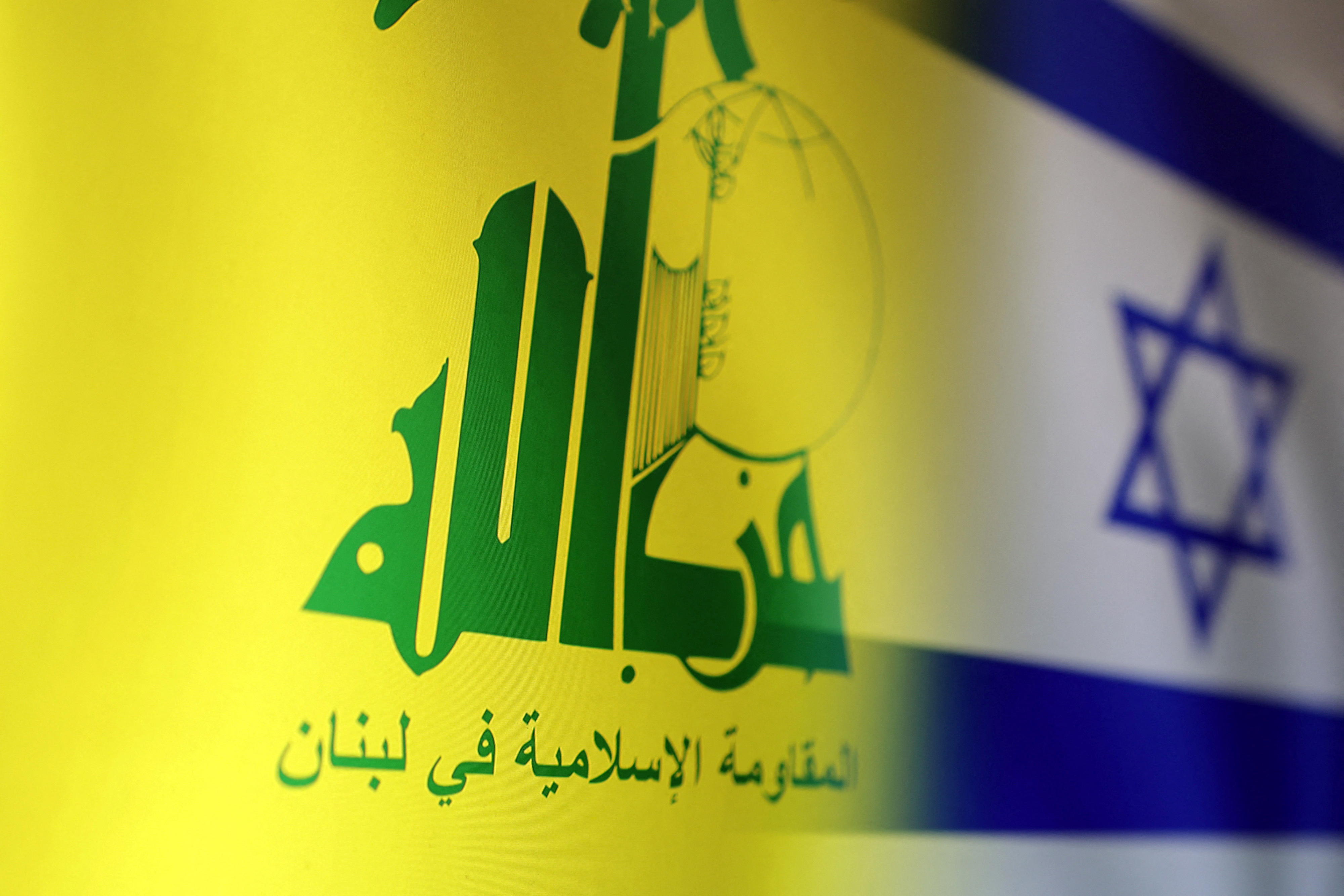
Over the weekend, Israel carried out a significant strike in Beirut, reportedly targeting high-ranking Hezbollah military leader Ibrahim Aqil. Aqil, the commander of Hezbollah’s elite Radwan Force, was killed in the airstrike, prompting Hezbollah to respond with a series of rocket and drone attacks aimed at Israeli positions in the northern part of the country. This ongoing tit-for-tat violence has raised concerns of a broader conflict that could engulf the region.
In a televised address, Netanyahu emphasized that Israel had delivered a "sequence of blows" to Hezbollah, ones that the group "could not have imagined." He reiterated that Israel will continue taking "all necessary measures" to safeguard its security and vowed that further actions would follow if Hezbollah did not cease its aggression. Netanyahu's comments come after multiple high-level discussions with Israeli military officials, who echoed similar sentiments about Israel's readiness to intensify military responses.
Israel’s Defense Minister Yoav Gallant also weighed in, describing the conflict as a critical moment for the nation's security. Gallant, following his visit to Israeli Air Force command centers, expressed confidence that Hezbollah has started to recognize the extent of Israel’s military capabilities. He assured that Israel's forces would "use whatever means necessary" to protect northern communities, which have been under constant threat from Hezbollah’s escalating attacks.
The roots of this latest escalation trace back to Hezbollah's solidarity with Hamas in Gaza, following a significant attack by the latter on Israeli territory earlier this month. Since then, the northern front with Hezbollah has seen a surge in hostilities. Israeli officials, including President Isaac Herzog, have described the situation as part of a broader conflict driven by Iran’s influence across the region. Herzog pointed out that Hezbollah, though deeply entrenched in Lebanon's political structure, acts as a proxy for Tehran, further complicating any potential resolution.
Netanyahu's remarks underline the gravity of the ongoing confrontation, as he warned that any miscalculation by Hezbollah could lead to even more severe consequences. He made it clear that Israel is prepared for large-scale military operations if necessary, a stance supported by Israel’s coordination with key international allies. Conversations between Gallant and U.S. Secretary of Defense Lloyd Austin over the weekend demonstrated that Israel is actively keeping its allies in the loop about developments on the ground.
The U.S. has been a critical partner in Israel's defensive strategies, particularly in providing military support against Hezbollah’s more advanced weaponry. Hezbollah has reportedly acquired a formidable array of rockets and drones, much of which is believed to have been supplied by Iran. As the situation intensifies, U.S. officials have expressed support for Israel’s right to defend itself, although concerns remain about the potential for a broader regional conflict.
On the ground, the impact of the conflict has been devastating, with multiple communities along Israel’s northern border forced to evacuate as rocket fire from Lebanon increases in frequency and intensity. Israeli military operations have, in turn, targeted Hezbollah’s infrastructure in southern Lebanon, where the group’s strongholds are located. These airstrikes have included precision attacks aimed at degrading Hezbollah’s ability to launch further assaults.
While the Israeli government is committed to maintaining its military pressure, there are calls from within the international community for restraint. Leaders from the United Nations and other global organizations have urged both sides to seek diplomatic solutions before the conflict spirals out of control. Yet, with Hezbollah continuing to retaliate and Israel’s firm resolve, the likelihood of an immediate de-escalation appears remote.
The broader geopolitical context cannot be ignored either. Iran’s backing of Hezbollah is widely seen as part of its strategy to exert influence in the region, and Tehran has shown no signs of distancing itself from its Lebanese ally. Israeli leaders, including Netanyahu, have consistently underscored the role Iran plays in destabilizing the region and have hinted at potential strikes against Iranian targets if provoked further.
